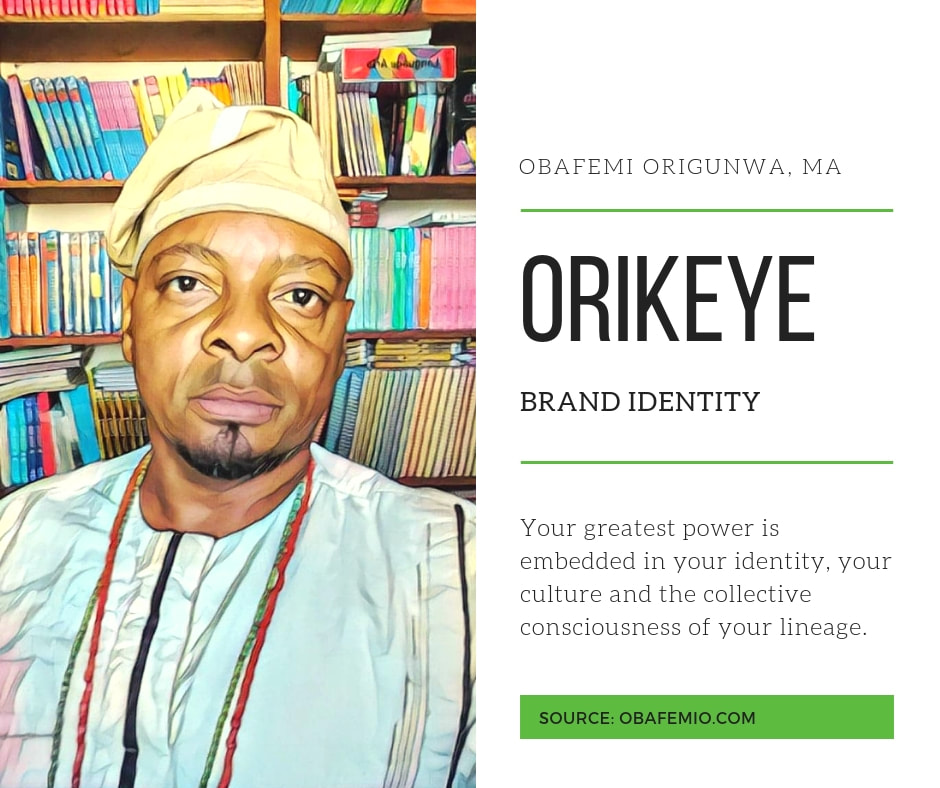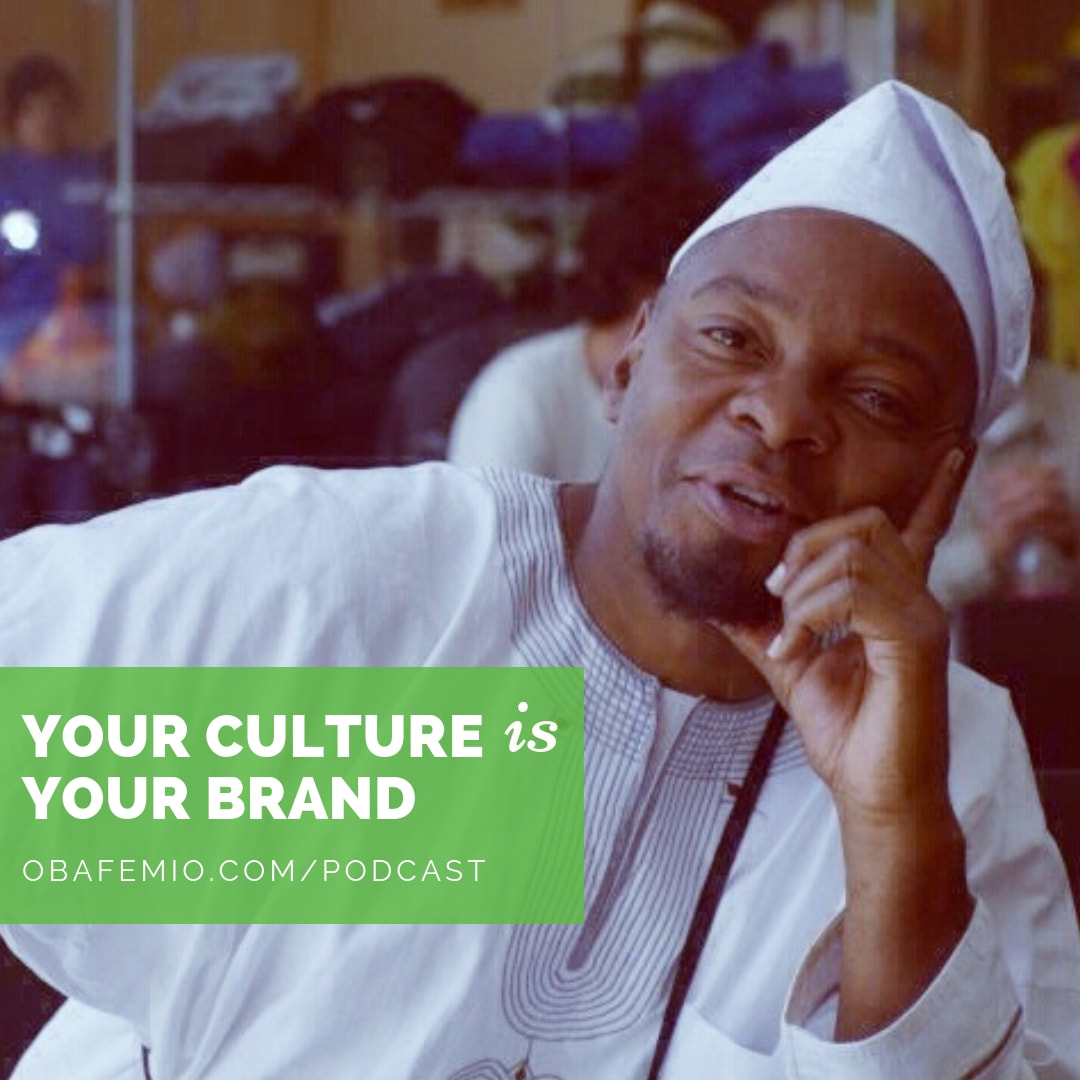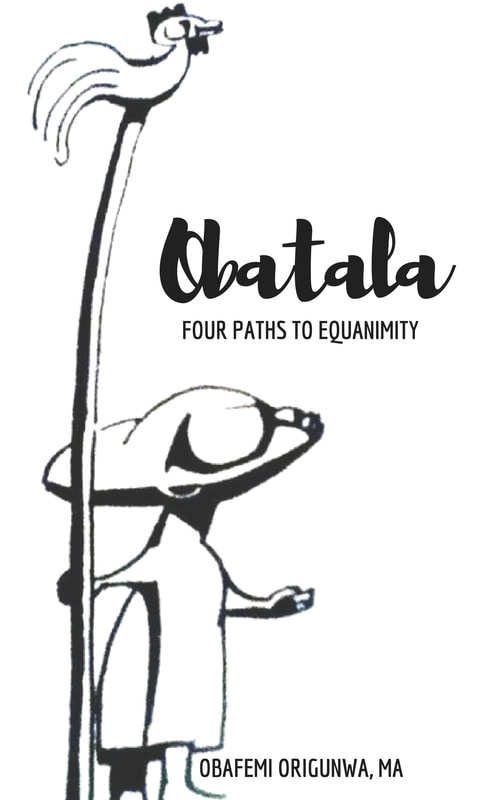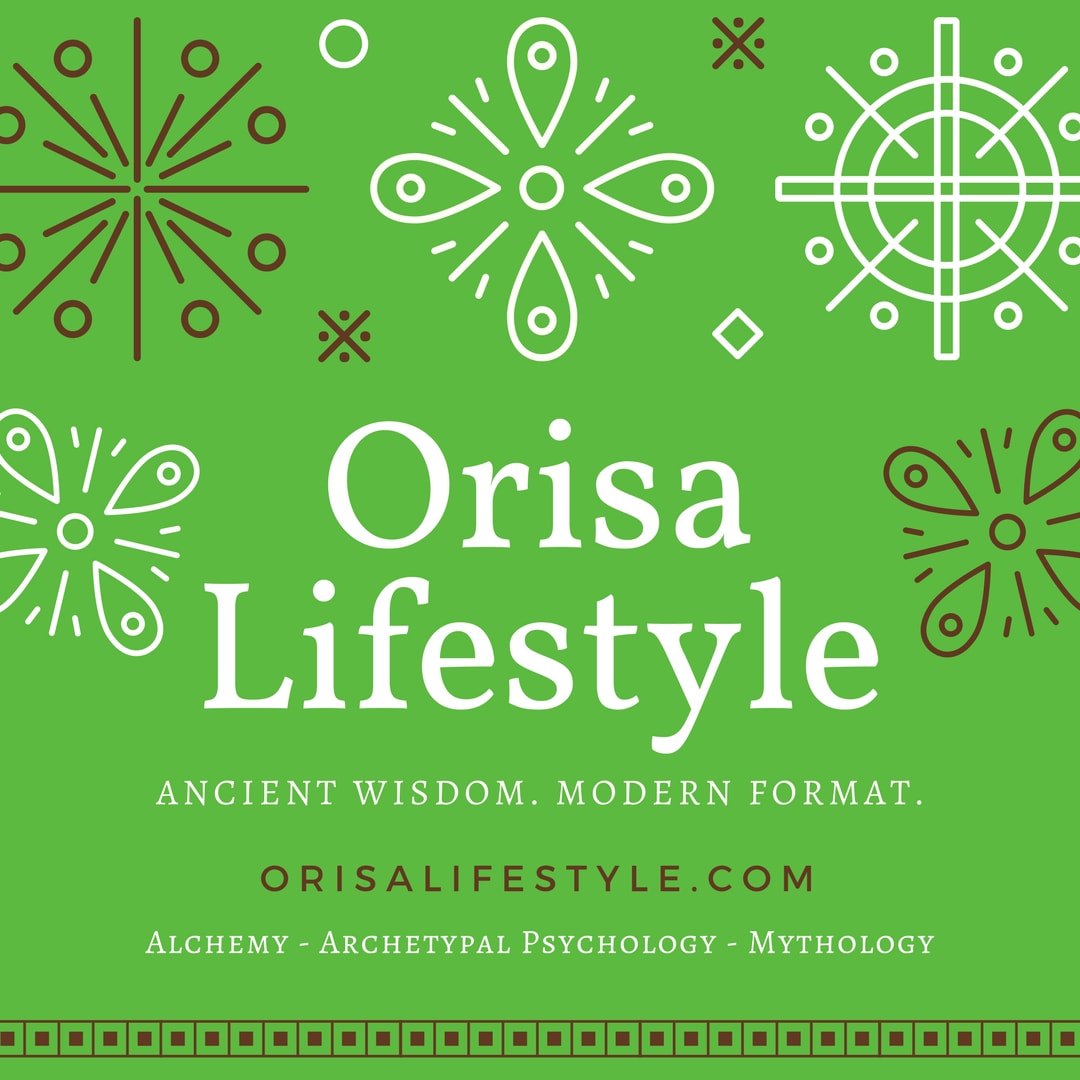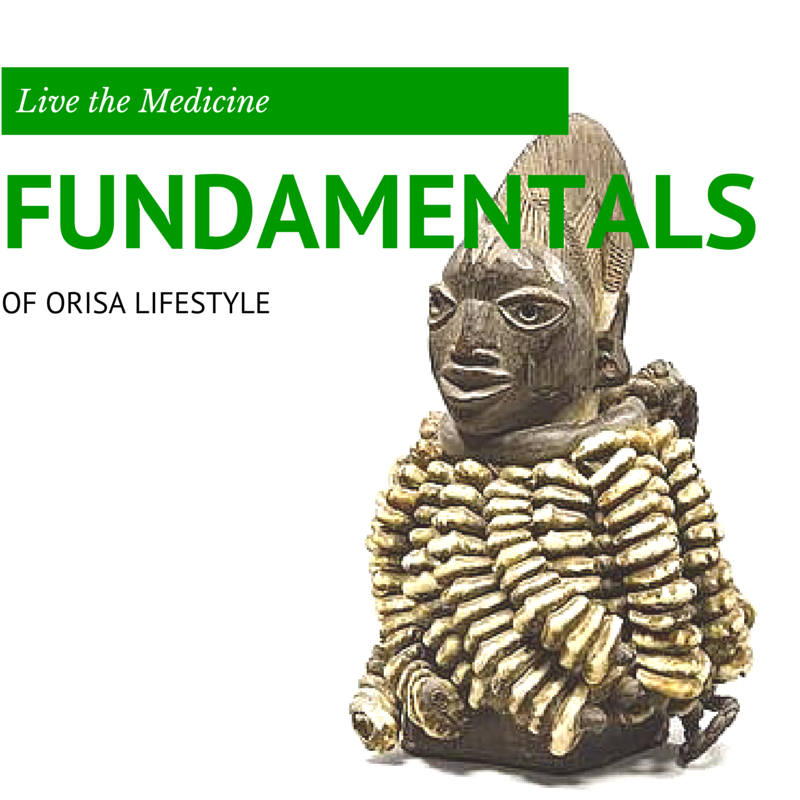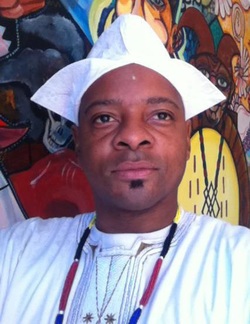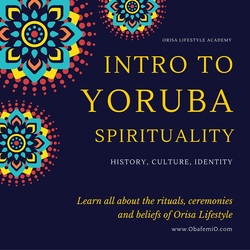|
Along with the idea of Black Americans appropriating African culture, this is one of the most sensitive subjects I have explored: Do Black Americans have a distinct culture? The question started to emerge when I was a diversity trainer. I started to notice a trend during our workshops. There seemed to be an assumption that Blacks were Americans who just happened to be darker skinned and descended from slaves. The idea that we had a distinct identity, world view and culture was alluded to in general terms, but we never went into Hoodoo, family and settlement patterns or rites of passage, in the same way that we would consider the details of Chicanos, Filipinos or the heritages of other hyphenated Americans.
It was not until I met Baba Imodoye Shabazz that I was exposed to the simple, but penetrating question that would help me gain a better understanding of the problem: Can you define Black culture? immediately, people will respond by saying Black culture is Jazz, soul food and sports. And while these are certainly cultural expressions, they are NOT culture. That is, just because a person "talks jive," plays the sax and walks with a limp, that does not make him Black. To be Black, you must carry the identity and practice the culture. Once upon a time, just about 99% of all Black Americans lived in the South. Their lifestyle, personal experiences and values were very consistent, if not homogenous. Even as recently as the 1970's, most Blacks returned to the South every summer and under special circumstances (e.g., when Lil John got in trouble with the law, or when Trina got pregnant). If Big Mama didn't live with one of her children, several of the children lived with Big Mama. Uncle Antoine and cousin June Bug stayed in the garage, there was a broom behind the door, children were to be seen and not heard, there was a huge Bible opened to the Psalms, the family ate dinner together on Sundays. The Spiritual Basis of Black Identity & Culture "Odù is the word of the Ifa oracle, the voice of Olodumare, the Supreme Being, as it pertains to the identity of each person who comes into existence. 'Odù to bi enikan' literally means the Odù which gives birth to someone. Each of us is born under the protection of particular Odù, which indicates our natural gifts and talents, as well as our prohibitions and liabilities. Not only that, each lineage has its own Odù, which outlines that family's Ancestral Promise, including taboos, ideal forms of work and power symbols. As the voice of Olodumare, Odù is the way that spiritual identity is traced from the unseen realm and used to indicate the path of one's spiritual journey. Odù is the 'word of life' given and entrusted - first to one's parents, and later to one's babalawo - as a measure of guidance for the one who has just made her entry into the world. In this regard, Odù represents one's personal governance system, which is based upon an historical precedent or archetype. The Odù governance system enables birth parents and priests to anticipate varying degrees of personal experience, as well as the most appropriate response, relative to Ifa's mandate that all human beings strive to bring about the Good Condition, both personally and collectively. In this regard, one's personal Odù is akin to a spiritual hypothesis. It is neither a guarantee of success nor a condemnation to failure. An Odù is a framework of possibilities, a trajectory of human experience. No two individuals are identical. And so, the true meaning of one's Odù is derived from APPLICATION. In other words, two people may be born - biologically or spiritually - under the same Odù but the significance of that particular set of rules has no meaning independent from the lifelong series of decisions, actions and developmental stages of the individual. Ultimately, Odù is merely potential. You must CREATE meaning by actively pursuing opportunities to make a contribution to the lives of those you serve. This is what it means to LIVE THE MEDICINE. Historically and intuitively, we know that our lives have purpose. We understand that there are certain parameters that govern what we must do and what we must not do in order to stay in alignment with our personal destinies, with our family's Ancestral Promise and with the worldview of our culture. the challenge seems to be finding ways to define those parameters in a consistent way. Your Brand is Your Culture, your Culture is Your Brand Your brand is not your logo any more than the RBG is the Black American brand. Your brand is the image, the main idea and the EMOTION that is invoked when ANYBODY comes into contact with your people, your products or your services. Today, the Black American brand has become conflated with "urban" culture, which is synonymous with criminality. Somehow, we have lost control over the narrative. Even the most astute members of the community are TOTALLY incapable of defining Black culture, in terms of our distinctive rituals, values and customs. What is needed is for individuals and organizations to pay far less attention into aesthetics and techniques and instead, to invest strong, relentless focus and energy into those few principles that distinguish Black Americans from ALL others. In other words, we need to rediscover our collective Odù. Metanoia The Greeks have a term, metanoia, which refers to a change of mind as a result of spiritual transformation. It speaks to the process by which a group of individuals, who have had a shared experience, come a collective conclusion about what that experience means to the group. that conclusion forms the basis for constructing a new story, a new identity and a new vision of the future. Daniel in the Lion's Den, David and His Multicolored Coat and the Suffering of Jesus are all manifestations of Black metanoia in America. Today, we are afforded a unique opportunity to reevaluate our story - juxtaposed against the stories of other Africans in Trinidad, Guyana and West Africa - and come to a higher understanding of who we are, what we believe and where we are going next. We are the future of African consciousness and identity. We are the living proof that, no matter how far a river flows, it never forgets its source. What is most important today is that we look to the source with the deliberate intent to create competitive advantage for our future generations. LEARN MORE: OrisaLifestyle.com Obafemi Origunwa, MA | #OrisaLifestyle #PersonalPriesthood #LivetheMedicine #TiwanTiwa Comments are closed.
|
Live the MedicineObafemi Origunwa, MAThought leader, Ifa priest and author of four definitive books, Obafemi Origunwa inspires metamorphosis through living the medicine that will heal your life and heal the lives of the people you're destined to serve. 
Raise Awareness

Internalize Principles

Embody Truth
|
